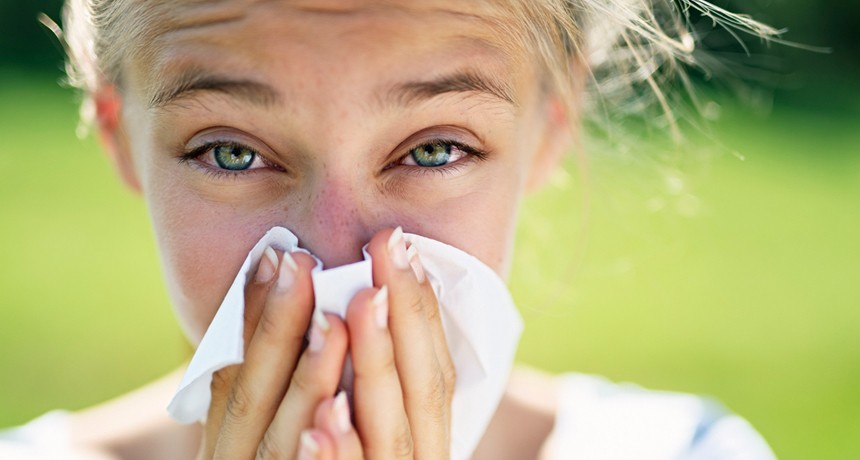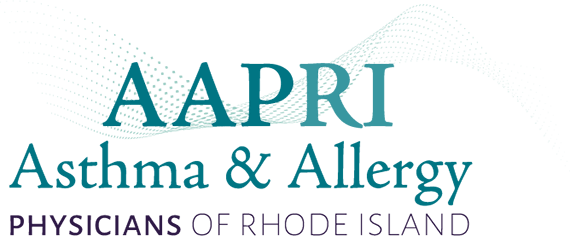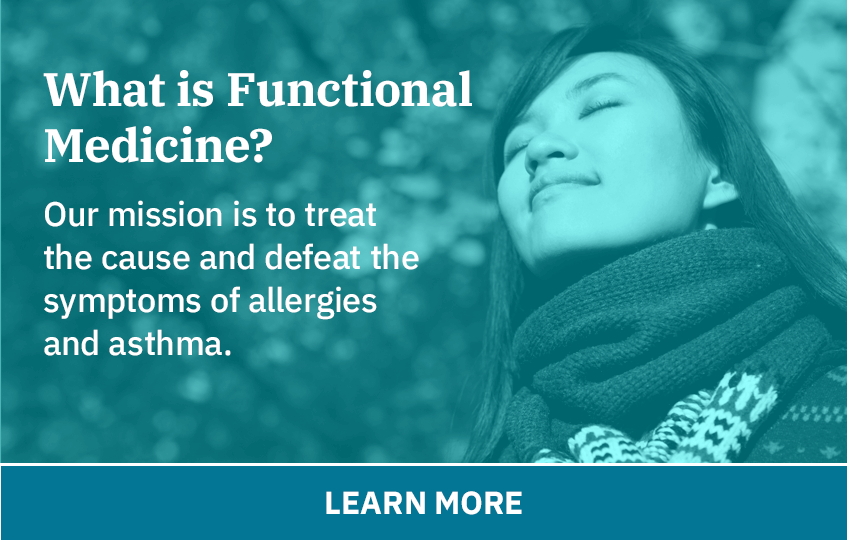Spring has sprung, and with it comes allergy season. In Rhode Island this year, it’s predicted to be fairly warm and dry, which means more pollen in the air—and most likely worse symptoms for asthma and allergy sufferers. Here’s a quick guide to what to expect and how you can do more than just suffer through this year’s allergy season.

Allergy season hits RI
Here in Rhode Island, it’s usually around mid to late April when allergy season is at its peak. But this year, you can expect a lot of pollen to be released by trees—primarily maple, birch, and oak—all the way through June. Grasses also start releasing pollen typically in May and June, which intensifies the season.
All of this means that people who suffer from spring allergies are likely to experience more prolonged or severe symptoms such as itchy eyes, throat, and ears, along with sneezing. What can you do to mitigate allergy season? Here are some quick tips to help you avoid overexposure to pollen this spring:
- Monitor air quality and pollen counts and avoid being outside when pollen is particularly high – see “There’s an app for that!” section below for some suggestions on apps to use.
- Mask up! You should already be wearing a mask when you go out in public to protect yourself and others from transmitting COVID-19. It’s a great coincidence that wearing a mask can also help limit your allergies, especially when you’re outside.
- You may notice your symptoms are worse on dry, sunny days vs. cloudy, wet days. This is because it’s easier for pollen to blow around when it’s dry. Even though you’ll undoubtedly want to get outside to enjoy the beautiful weather, try to keep it to a minimum on days with high pollen counts.
- Keep the windows in your car and house closed as much as possible to keep allergens out. In the car, set your vent system on recirculate. At home, consider using a high-efficiency particulate air (HEPA) filter (they really do work!).

There’s an app for that!
When it comes to managing your seasonal allergies, let technology be your friend. We put together a listing of free apps and websites to help you monitor things like air quality, pollen counts, and more.
Don’t confuse allergies with COVID-19
We’ve touched on this before, but it bears repeating from time to time. While there are a couple of symptoms that allergies and COVID-19 have in common, most are quite distinct. Here’s a quick chart to break it down.
| Symptoms | Allergies | COVID-19 |
| Congestion or runny nose | X | X |
| Sneezing | X | |
| Itchy, watery eyes | X | |
| Itchy sinuses, throat, or ear canals | X | |
| Fever or chills | X | |
| Cough | X | |
| Shortness of breath | X | |
| Fatigue | X | |
| Muscle or body aches | X | |
| Headache | X | |
| Nausea, vomiting, diarrhea | X | |
| Loss of taste or smell | X |
The bottom line is—you don’t need to suffer
One of the biggest misconceptions people have about allergies is that there’s nothing they can do about it. Dr. Z wants everyone to know that there’s a variety of treatment options, dietary and lifestyle changes, and other types of therapy that can help. Allergy drops, or sublingual therapy, is a great treatment option that offers long-term relief of allergy symptoms. Rather than taking medications that just alleviate symptoms, allergy drops treat the root cause and can even send your allergy into remission. Allergy drops need to be taken consistently as directed by your allergist—ask us about them to learn more.
Contact us today!
Find out how we can help you treat the cause and defeat your allergy symptoms for good. Schedule a consultation with one of our experienced practitioners today at one of our three convenient office locations!

